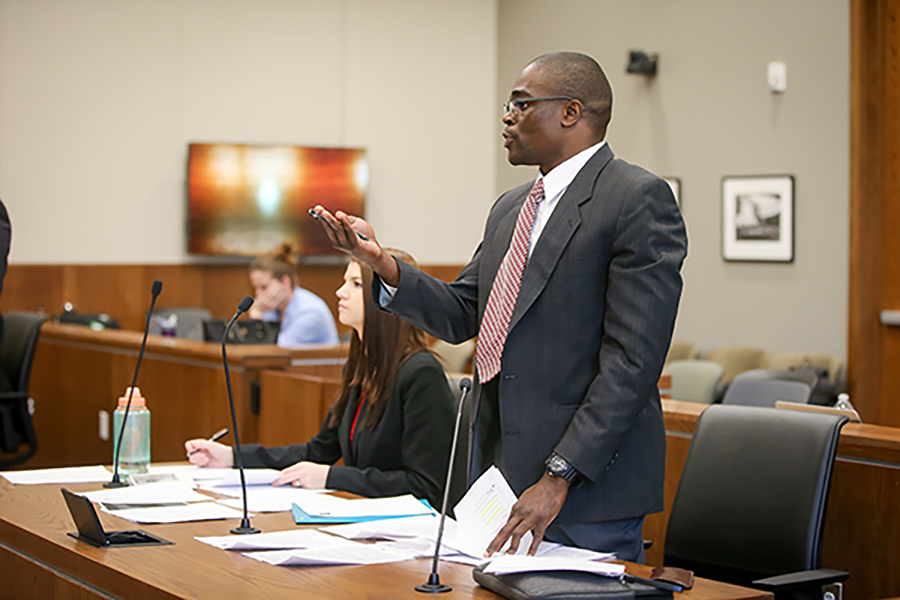Academics
The only law school in North Dakota offers multiple programs to fit your life.
UND School of Law emphasizes an understanding of the operation of law, which creates and interprets bodies such as the judiciary, the legislature, administrative agencies and executive departments.
